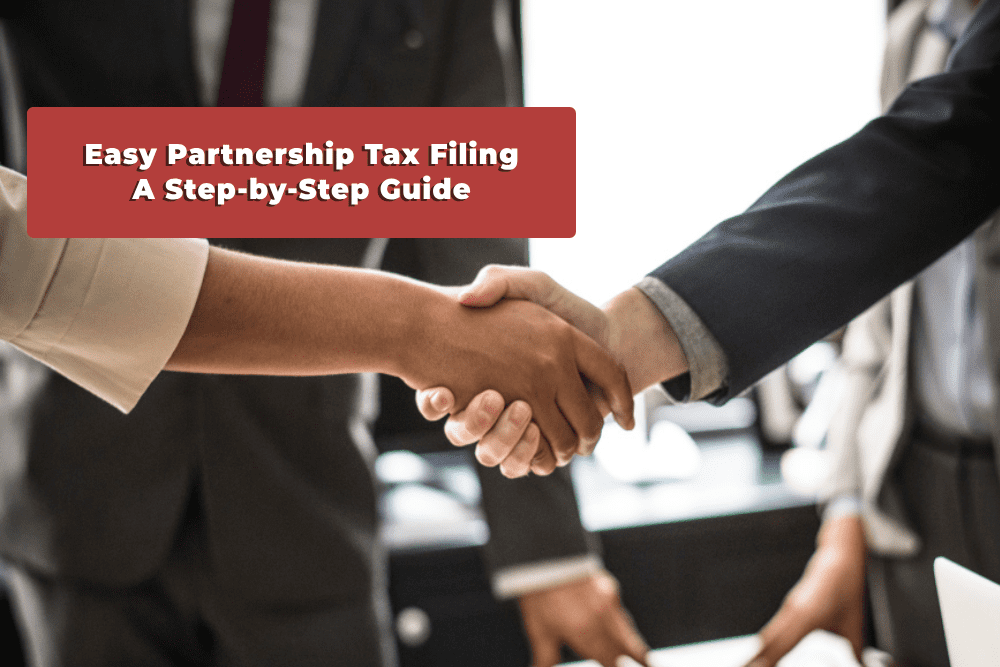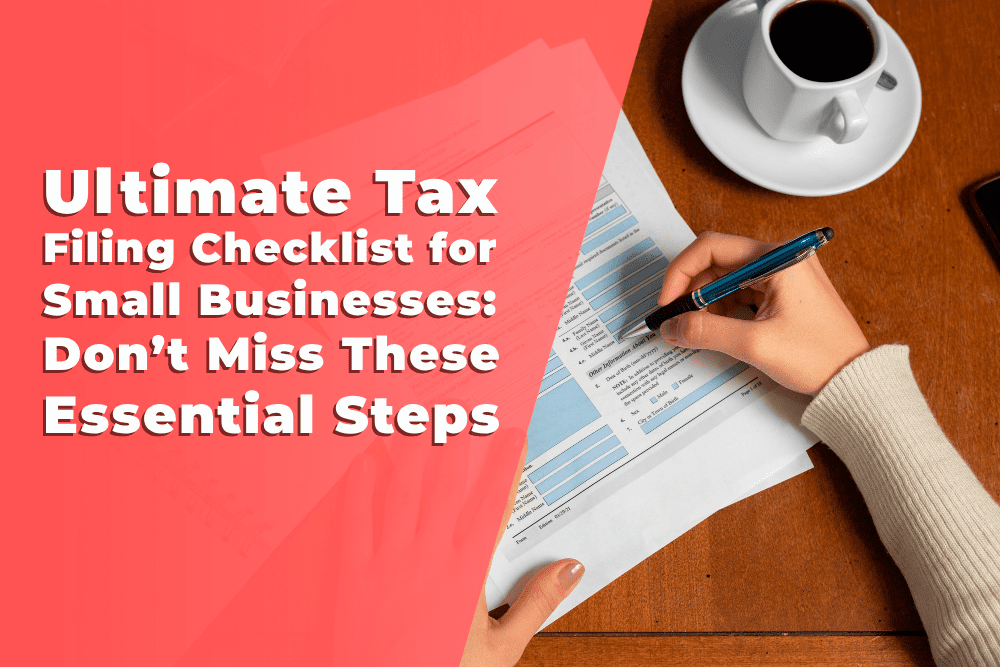unning a small business is exciting, but when tax season rolls around, it can also feel overwhelming. Staying organized and ensuring that you follow the correct steps can help you avoid penalties and maximize your tax savings. This Tax Filing Checklist for Small Businesses will guide you through everything you need to know to prepare and file your taxes efficiently.
Step 1: Collect and Organize Your Financial Records
Your financial records are the foundation of your tax filing process. Here’s what to gather:
- Income Statements: Include all invoices and records of payments received.
- Expense Records: Gather receipts, bills, and documentation for deductible expenses like office supplies, travel, or utilities.
- Bank and Credit Card Statements: Ensure these match your recorded income and expenses.
- Payroll Records: If you have employees, ensure W-2s, W-3s, or 1099s are accurate.
- Prior Year’s Tax Return: Helpful for reference and ensuring consistency.
Step 2: Identify Your Business Structure
Your business structure determines how you file taxes. Are you a:
- Sole Proprietor or Single-Member LLC? Report income on Schedule C of your personal tax return.
- Partnership or Multi-Member LLC? File Form 1065 and provide Schedule K-1s to partners.
- S Corporation? File Form 1120-S and report each shareholder’s income.
- C Corporation? File Form 1120 for the corporation itself.
Tip: Visit the IRS website on business structures for more details.
Step 3: Understand Your Tax Deadlines
Small businesses face multiple deadlines throughout the year. Missing these can lead to penalties:
- Quarterly Estimated Taxes: If you owe over $1,000 in taxes, make payments quarterly using Form 1040-ES.
- Annual Tax Returns:
- Partnerships and S Corporations: Due March 15.
- Sole Proprietors and C Corporations: Due April 15.
Mark these dates on your calendar to avoid surprises.
Step 4: Know Your Tax Deductions
Taking advantage of deductions can significantly reduce your taxable income. Common small business deductions include:
- Home Office Expenses: A portion of rent or utilities if you work from home.
- Business Travel: Airfare, hotels, and meals while traveling for work.
- Equipment and Supplies: Computers, software, and office essentials.
- Marketing Costs: Advertising, website hosting, and social media campaigns.
- Employee Benefits and Salaries: Health insurance premiums and wages.
Step 5: Verify Employee and Contractor Documentation
If you employ workers or hire contractors, verify their tax forms are correct:
- Employees: Ensure W-2s are issued and submitted to the IRS.
- Contractors: Provide 1099-NECs for anyone paid $600 or more.
You may also like to read:
Smooth Partnership Tax Filing: Step-by-Step Guide for Every Partner
When you’re in a partnership, tax filing is a team effort, and it’s essential to get it right. Unlike other business structures…
Read More

Step 6: Reconcile Your Books and Records
Before filing, reconcile your accounts to ensure everything matches:
- Compare bank statements to recorded income and expenses.
- Use accounting software to spot discrepancies.
- Ensure all transactions are categorized correctly.
Tip: Tools like QuickBooks or Xero can simplify this process.
Step 7: File Your Taxes Electronically
The IRS encourages businesses to file electronically:
- It’s faster and reduces the chance of errors.
- Many tax software platforms guide you through the process step-by-step.
Step 8: Keep Records for Future Audits
Maintain copies of your filed tax returns and supporting documents for at least three years. This includes:
- Receipts for major purchases.
- Payroll records.
- Bank statements and credit card records.
Tip: Store these digitally to avoid losing them over time.
Bonus Tip: Consult a Tax Professional
Navigating business taxes can be complex, especially for new entrepreneurs. A CPA or tax advisor can help:
- Maximize deductions and credits.
- Ensure compliance with federal and state tax laws.
- Handle audit-related concerns.
For more help, check out the IRS Small Business Tax Center.
Conclusion
Preparing for tax season doesn’t have to be stressful. By following this Tax Filing Checklist for Small Businesses, you can stay organized, meet deadlines, and minimize your tax liability. If you’re unsure where to start or need professional guidance, reach out to an accounting expert who can make the process smoother.




